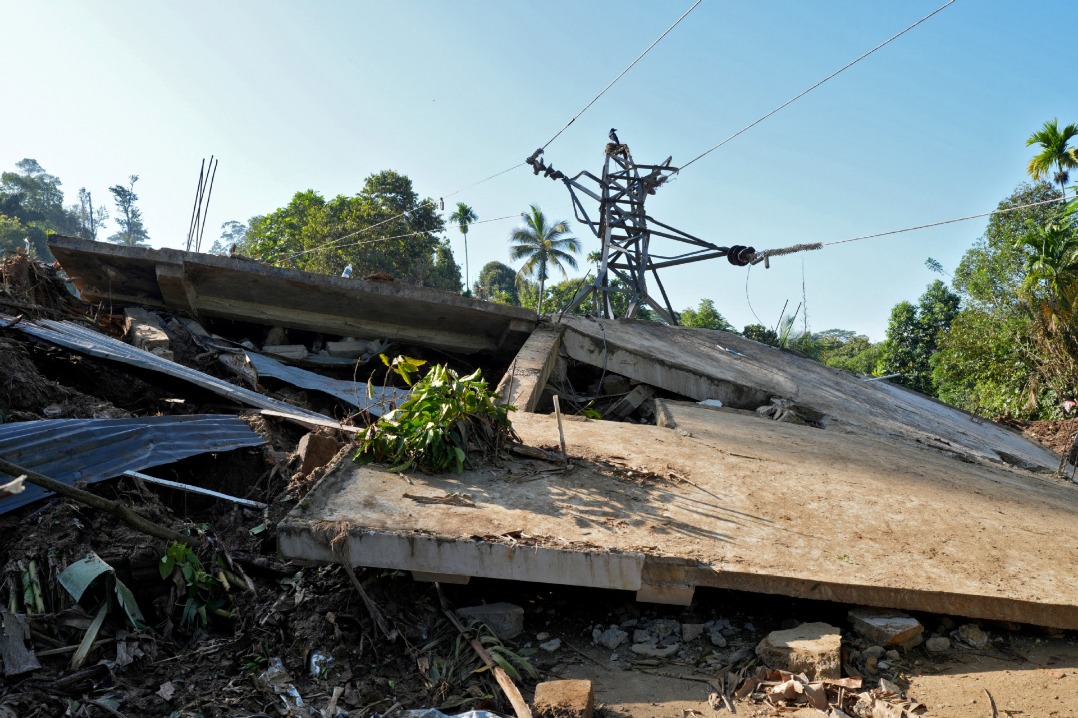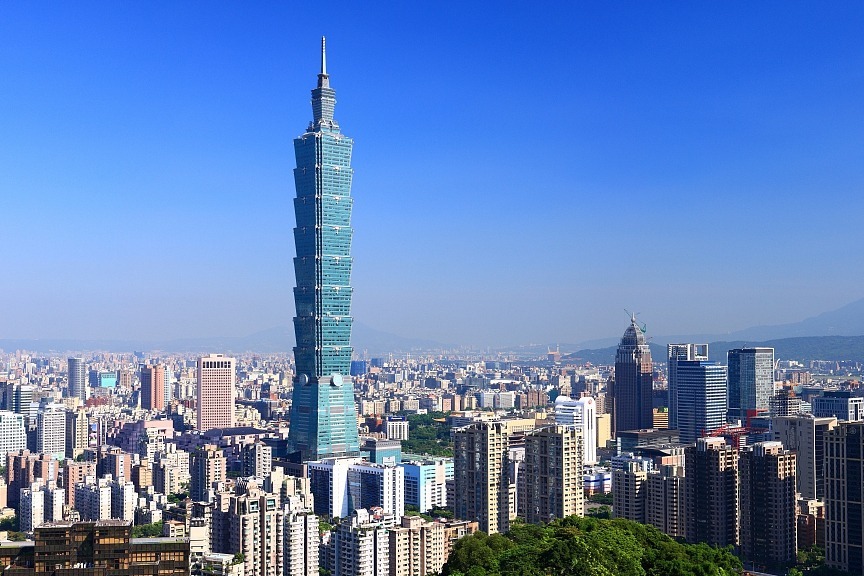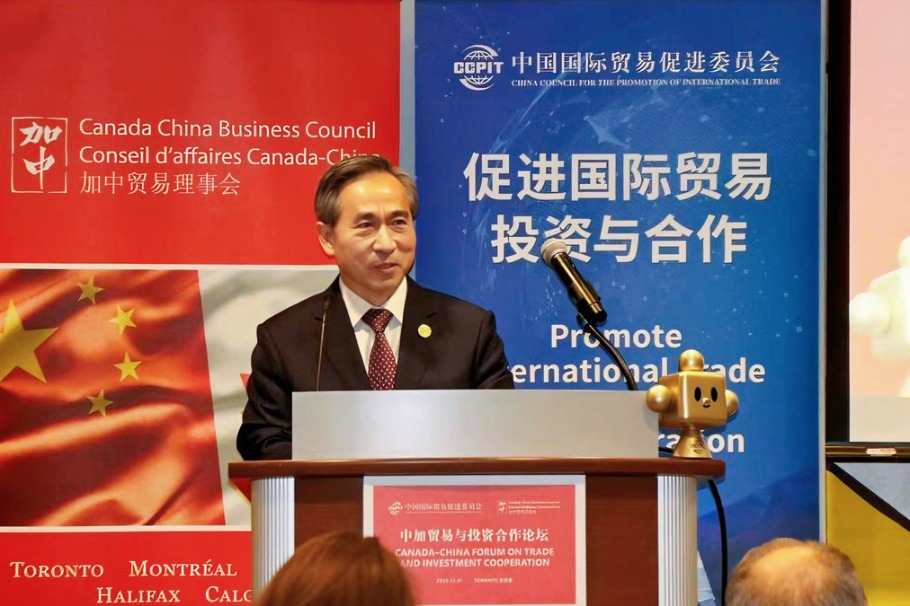Lula visit expected to strengthen China-Brazil ties


Brazilian President Luiz Inacio Lula da Silva will kick off his four-day state visit to China on Wednesday, a trip that is expected to bring bilateral relations, both politically and economically, to a new level and contribute positive energy to the complex international situation.
Accompanied by hundreds of businesspeople, state governors, congress members and ministers, Lula will be making his third official visit to China as Brazilian president. The visit was originally set for March but was postponed due to Lula's health at the time. It will also be Lula's first trip outside the Western Hemisphere since taking office for a third term on Jan 1.
His visit will take him to Shanghai and Beijing. In Shanghai, he will participate in former Brazilian president Dilma Rousseff's inauguration as head of BRICS' New Development Bank. In Beijing, Lula will meet with President Xi Jinping, Premier Li Qiang and Zhao Leji, chairman of the Standing Committee of the National People's Congress, the country's top legislature.
"The two sides have maintained close communication about the visit," Foreign Ministry spokesman Wang Wenbin said on Tuesday. "The fact that Lula will lead a large delegation to China on his state visit so soon after his recovery speaks to the high importance both sides have attached to this visit and to our bilateral relations."
China stands ready to work with Brazil and take this visit as an opportunity to upgrade mutually beneficial and friendly cooperation in various sectors and bring more energy for developing countries to coordinate in unity and jointly deal with global challenges, Wang said.
According to a statement from Lula's press office, around 20 bilateral agreements are expected to be signed during the visit.
An article published by Valor Economico, a Brazilian financial newspaper, described Lula's visit as "a trip full of expectations". The speed in rescheduling a high-level visit, something unusual given the complexity of the agendas, reflects the political will of both countries to make the meeting happen, it said.
The China-Brazil relationship has been closer and trade has increased in a continuous and sustained way since 2004, when Lula first visited Beijing. In 2009, he visited China for the second time.
China has been the South American country's largest trade partner since 2009. According to the General Administration of Customs, two-way trade reached $171.49 billion in 2022, a year-on-year increase of 4.9 percent.
"During the visit, the two countries are expected to consolidate the foundation of existing cooperation in traditional sectors such as infrastructure construction, agriculture and mining, and also expand cooperation in new areas including the green economy, digital economy and high technology," said Wang Youming, director of the Institute of Developing Countries at the China Institute of International Studies.
Bilateral cooperation has already yielded fruit prior to Lula's arrival. On Feb 7, the People's Bank of China, the country's central bank, signed a memorandum of cooperation with the Central Bank of Brazil to establish renminbi clearing arrangements in Brazil, a move that will bolster bilateral trade and investment facilitation.
Since diplomatic relations were established nearly half a century ago, China-Brazil ties have maintained steady growth amid changes in the international landscape and achieved fruitful outcomes in practical cooperation across the board, setting a good example for major developing countries pursuing joint development through solidarity and collaboration.
According to Wang of the CIIS, the development of China-Brazil relations will help to push forward China's cooperation with Latin America and deepen China's relations with regional organizations such as the Community of Latin American and Caribbean States.
"At a time when the international landscape is suffering systematic volatility and the global governance system is fragmented, the two countries' coordination and interactions on global hot-spot issues will also reveal the independent views of developing countries and important emerging market economies on global security and the international order," he added.
































